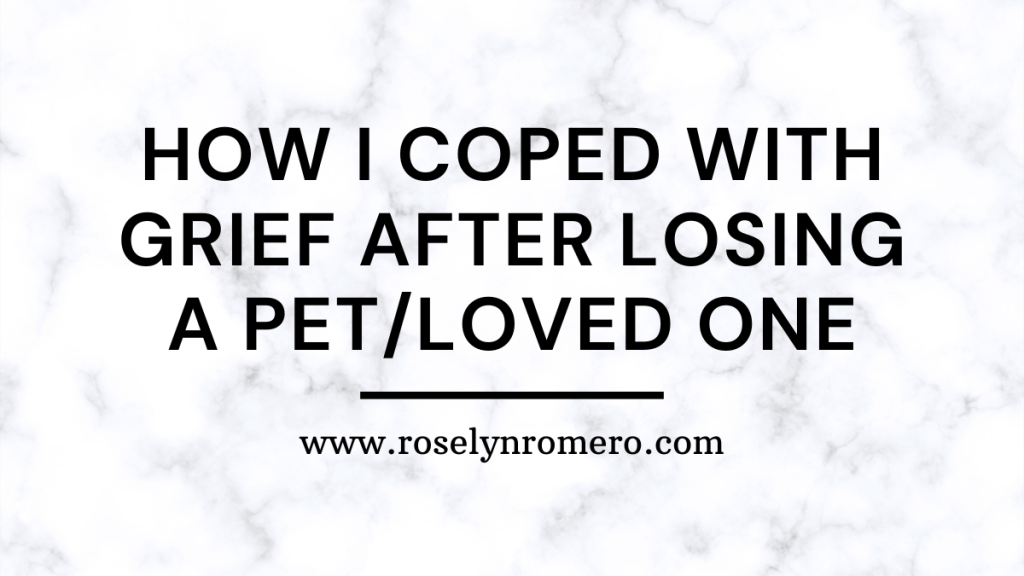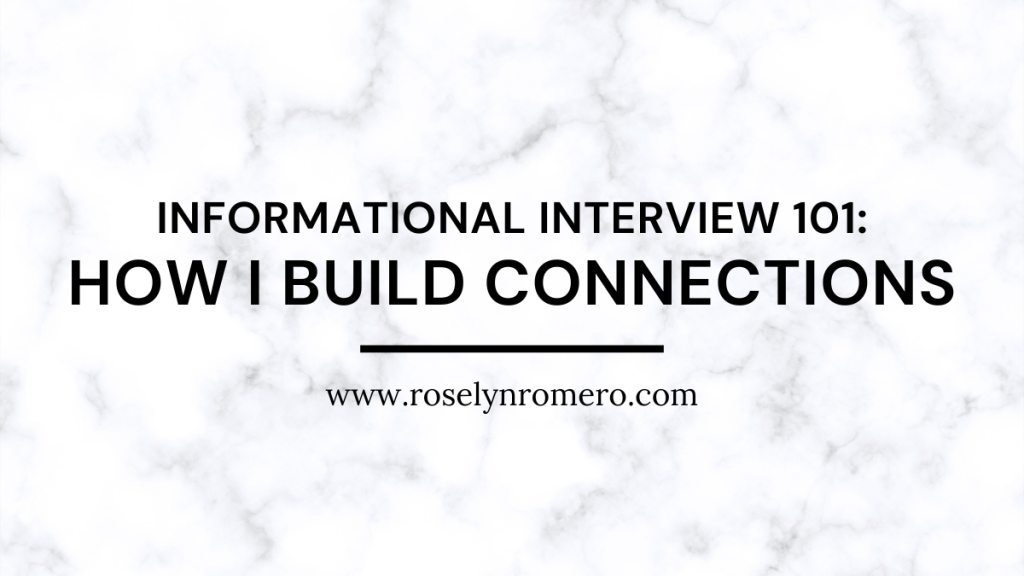In November 2020, I experienced grief for the first time.
That’s when I lost my childhood dog, Peeka. She died nearly two months after turning 16 years old.
And in March of this year, I lost my dear Nanang (grandmother) to cancer.
Grief is so overwhelming. When the loss was still new, it consumed nearly every aspect of my life: waking up and falling asleep felt harder, going to certain places or eating certain foods evoked pleasant, yet heart-wrenching memories, and going about my daily routine felt almost impossible. Everything — even just breathing — was laborious.
If you’re reading this and you recently lost a pet or loved one, I am so sorry. All the emotions you’re feeling right now are valid, and I’m extending all my warmth and love to you, your family, and your community.
Grief is a highly individualized, complex, and ugly labyrinth of sorrow, and while I’m writing this mainly for the purposes of self-reflection, it would be wonderful if any of these tips also help you during your grieving process. Know that my experiences and sentiments may be entirely different from yours, so what helped me cope may not necessarily help you. Take as much or as little advice from this as you’d like, and don’t let anyone or anything dictate your timeline of mourning.
I think giving myself permission to mourn the loss and surrounding myself with people who openly and lovingly welcomed my tears have both been instrumental in my grieving journey. When I say I “gave myself permission to mourn,” I mean I didn’t pass judgment on my tears. I allowed myself to be completely present with the heartache, no matter how painful it felt or how much I wanted it to end.
It’s so easy to slip into the habit of holding back your tears because crying may seem like a “sign of weakness” (huge air quotes on that), but letting my guard down and fully experiencing the broad spectrum of emotions helped me move through that grief. Unfortunately, I’ve found that it’s common for Asian immigrant family members to keep their sorrows hidden from each other because mental health is such a hot-button issue. I used to dread showing my tears to my mom because I had associated crying with fragility. But after Peeka died, I learned that crying openly in front of — and with — my mother made me feel more validated in my grief. I like to think it helped her, too.
Being present with my grief also meant that I gave myself plenty of space and time to cry or be alone. Instead of brushing it off, I stopped whatever I was doing, walked outside, and sat with my thoughts. It’s not an inconvenience nor a burden; it’s a chance to honor your pet or loved one by being fully present with their memory.
Having a robust support system not only made me feel less alone in my grieving, but it also helped me focus on what really matters: celebrating my loved ones’ lives and cherishing my memories with them.
Grief doesn’t necessarily have to be sorrowful; you can grieve with gratitude for that person and their presence in your life. Between bouts of crying, I would find pockets of gratitude by talking about my favorite memories of them with my family and friends. I remember laughing with my cousins about our Nanang’s quirks, like when she would “take attendance” at 6 a.m. while we were asleep in the living room the day after Christmas. We’d even laugh about how our Nanang would confuse “Sequoia” with “see kuya (older brother).” While we can’t bring Nanang back to life, we can give life to her memory — and that’s a beautiful thing.
I know it’s easier said than done, but time truly heals all wounds. It took me over a year to be able to talk about Peeka without bursting into tears, and I’m still processing my Nanang’s death to this day.
I’ve found it helpful to remember that grief is not linear nor straightforward, despite its so-called “five stages.” It’s an incredibly messy, unpleasant, and all-consuming process. But it’s also a part of living — grief is a reminder that we love the person we lost, that even though they will no longer be physically present with us, they’ll be etched into our memory forever.




Leave a comment